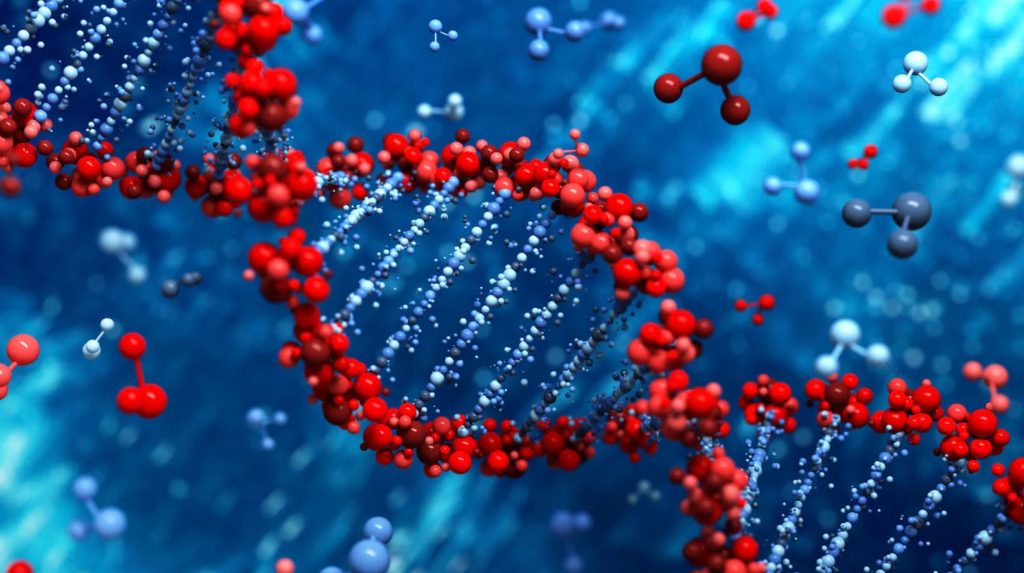Héctor Pérez Montoyo, of Ability Pharma discusses his research on, “ABTL0812, a new immunotherapeutic anticancer agent at phase 2b clinical stage.”

Héctor’s work has always focused on understanding the molecular pathophysiological mechanisms leading to autoimmunity and cancer development, investigating mechanism of action of newly developed molecules to treat such diseases. He started his career in 2006 when he moved to UT Southwestern Medical Center in Dallas (EEUU), to carry out this thesis in developing novel therapeutic antibodies in murine models of human autoimmune diseases. After obtaining his Ph.D., he combined two postdoctoral grants in Barcelona (Metastasis and Transformation group in Bellvitge Biomedical Research Center) and in Valencia (Autoimmune Pathology Lab in Principe Felipe Research Center). In between, he worked as a coordinator of an animal experimentation laboratory from a private company, developing novel therapeutic agents for autoimmune diseases and cancer.
In 2015 Héctor joined Ability Pharmaceuticals SL as a Director of Biological Research, coordinating the preclinical development of ABTL0812, and recently as the project manager of the company.
Marketsandmarkets had this fortunate opportunity to pick his brains on the newfound developments in the areans of Immuno-oncology. Their own research and learnings in the field, their presentation at the Conference their take on the conference program.
Question: What are the recent advances in the immune-oncology and current challenges that need immediate attention?
Héctor Pérez:
A large number of immunotherapies are currently under clinical development, and many more are under the discovery and preclinical phase, showing promising results. In fact, many cancer patients from a wide variety of indications are currently being benefited from these treatments, especially from immune checkpoint inhibitors. However, there is still a need to improve our knowledge about the cellular and molecular mechanisms driving cancer immunity versus cancer immune escape, rising the need to improve our experimental models for immune-oncology.
Clinical results from last decades using different immunotherapies have shown the therapeutic potential of modulating the immune system against the tumour, highlighting the possibility to administer multiple combinatory treatments that could increase the therapeutic outcome.
In this line, identify the subset of patients that could benefit from a specific combinatory treatment presents an immediate need. The use of NGS techniques offers a precious opportunity to stratify patients according to the treatment and the follow-up of tumour progression using liquid biopsies, permitting the variation of the treatment to maintain the efficacy and avoid tumour resistance.
Increasing the success rate of immune-oncology treatments in combination with other therapies such as chemotherapy or targeted therapies could serve to significantly improve the expectancy of life, especially for those patients with most aggressive cancers with low or non-effective treatments.
Question: What is the key take away point from your presentation topic which will help in building the knowledge base of attendees?
Héctor Pérez:
My topic will describe the mechanism of action of ABTL0812, a first-in-class anticancer agent under Phase 2b clinical development for advanced and metastatic pancreatic cancer patients in combination with chemotherapy. ABTL0812 has already shown clinical efficacy in potentiating chemotherapy without adding toxicity in a Phase 2a trial in endometrial and lung cancer patients, significantly increasing ORR and PFS compared with chemotherapy alone.
- ABTL0812 shows a dual mechanism of action that leads to the induction of cytotoxic autophagy in cancer cells, while sparing normal cells
- ABTL0812 induces the inhibition of the Akt-mTOR axis, which in combination with the induction of a robust and sustained ER stress leads to the induction of cytotoxic autophagy in cancer cells
- ABTL0812 acts as an immunomodulator, promoting anti-tumoral immune cell phenotypes and the shift from “cold” to “hot” tumors by acting on both, immune and cancer cells
- On cancer cells, ABTL0812 induces ER stress-mediated induction of Immunogenic Cell Death and the inhibition of immunosuppressive factors release
- On immune cells, ABTL0812 induces ER stress-mediated potentiation of pro-inflammatory phenotypes and the suppression of anti-inflammatory phenotypes
- Based on this data, we present ABTL0812 as a novel immunotherapeutic agent, opening novel therapeutic avenues for its combination with other immunotherapies.
Héctor Pérez Montoyo, is our esteemed speaker at 5th Annual MarketsandMarkets Next Gen Immuno-Oncology Virtual Congress-UK Edition to be held on 26th-29th September 2021.. He will be presenting on the Day 2 of the conference on the topic – ‘ABTL0812, a new immunotherapeutic anticancer agent at phase 2b clinical stage.’
To Know more about the presentation, visit our website – https://bit.ly/2PKXNvN. If you wish to learn a great deal from him about the IO Research and drug development in cancer, then register online or email [email protected] to book your slot at the conference.
If you wish to learn a great deal from him about the IO Research and drug development in cancer, then register online or email [email protected] to book your slot at the conference.









